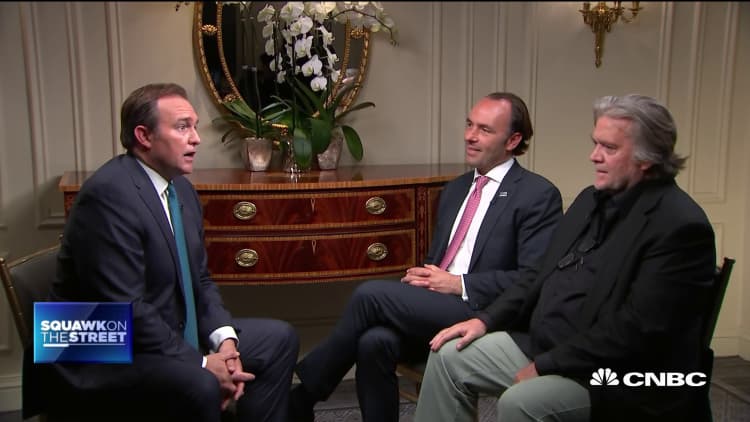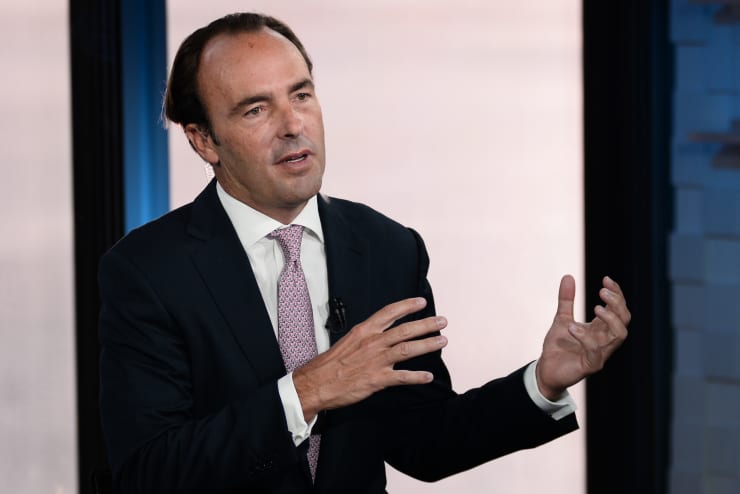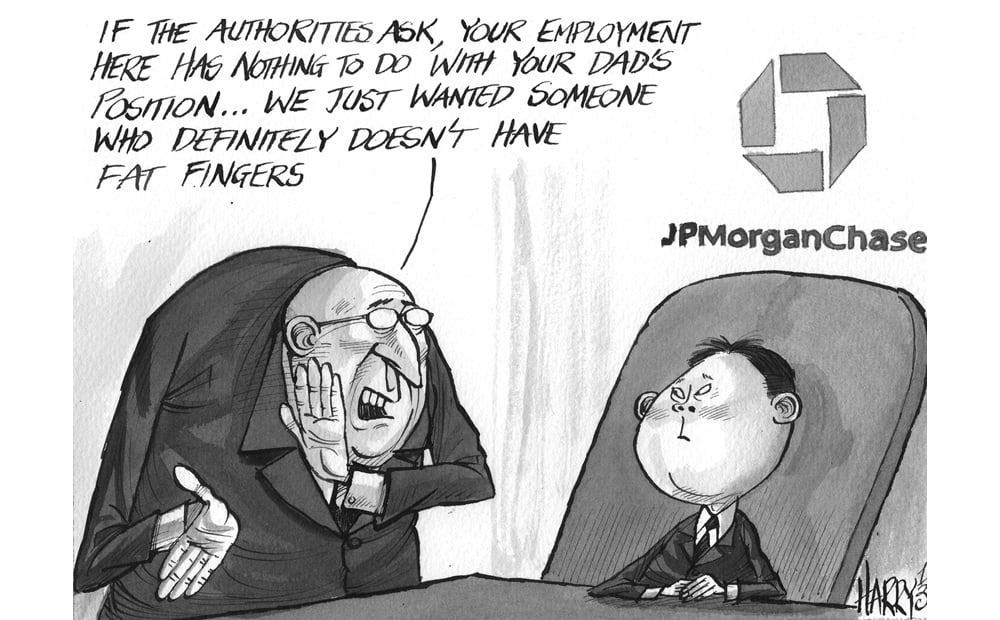- Steve Bannon says China’s attempts to forge a two-tier deal to end the yearlong trade war with the U.S. is “wishful thinking.”
- “Wall Street is starting to get religion like Trump.” Bannon refers to the tough talk earlier this week from Blackstone co-founder Stephen Schwarzman, who has extensive ties to China.
By Matthew J. Belvedere

Steve Bannon on the US-China trade war: ‘We have all the cards’
Wall Street is coming around to President Donald Trump’s view on how China has been unfairly protecting its economy to the detriment of the rest of the world, former White House chief strategist Steve Bannon told CNBC on Thursday.
“Wall Street is starting to get religion like Trump,” said Mr. Bannon, a longtime critic of China. “Schwarzman now has religion on CNBC.”
Mr. Bannon was referring to comments earlier this week by Stephen Schwarzman, the billionaire co-founder and chief of private equity powerhouse Blackstone who has extensive ties to China.
In an interview on “Squawk Box on Tuesday, Schwartzman said that Beijing knows it must change its trade and business practices.

Steve Bannon on the US-China trade war: ‘We have all the cards’
Wall Street is coming around to President Donald Trump’s view on how China has been unfairly protecting its economy to the detriment of the rest of the world, former White House chief strategist Steve Bannon told CNBC on Thursday.
“Wall Street is starting to get religion like Trump,” said Mr. Bannon, a longtime critic of China. “Schwarzman now has religion on CNBC.”
Mr. Bannon was referring to comments earlier this week by Stephen Schwarzman, the billionaire co-founder and chief of private equity powerhouse Blackstone who has extensive ties to China.
In an interview on “Squawk Box on Tuesday, Schwartzman said that Beijing knows it must change its trade and business practices.
But he added that China is reluctant to do so because it would slow the robust growth it’s been able to achieve over decades by putting up economic barriers.
“The upper Midwest, this is why Donald Trump is president,” Mr. Bannon said said on “Squawk Box.”
“The upper Midwest, this is why Donald Trump is president,” Mr. Bannon said said on “Squawk Box.”
“People know that the factories and the jobs all went to China and the fentanyl an opioids came in, into this despair of not having jobs.”
Mr. Bannon also said China’s attempt to forge a two-tier deal to end the yearlong trade war with the U.S. is “wishful thinking.”
Mr. Bannon also said China’s attempt to forge a two-tier deal to end the yearlong trade war with the U.S. is “wishful thinking.”
Last week, Trump signaled he would consider an interim trade deal with China, even though he would prefer a full agreement.
“What they’re trying to do to a large extent is trying to game the system,” Mr. Bannon said.
“They are trying to box in Donald Trump. And I think Trump has been the force of stability here,” he added.
“What they’re trying to do to a large extent is trying to game the system,” Mr. Bannon said.
“They are trying to box in Donald Trump. And I think Trump has been the force of stability here,” he added.
“This is about shifting the supply chain back to the U.S.”
As U.S. and Chinese deputy trade negotiators get ready to resume face-to-face talks in Washington on Thursday, there’s a thought that Chinese officials want to address the trade disputes first, leaving tougher national security issues for later.
Mr. Bannon said a key focus in the 2020 presidential election will be China.
As U.S. and Chinese deputy trade negotiators get ready to resume face-to-face talks in Washington on Thursday, there’s a thought that Chinese officials want to address the trade disputes first, leaving tougher national security issues for later.
Mr. Bannon said a key focus in the 2020 presidential election will be China.
Candidates who pressure Beijing and show they can navigate a trade deal will do better, he said.
In goodwill gestures ahead of higher-level trade talks next month, the U.S. delayed by two weeks tariff rate hikes that had been set to go into effect Oct. 1 and China exempted some U.S. products from additional levies.
In goodwill gestures ahead of higher-level trade talks next month, the U.S. delayed by two weeks tariff rate hikes that had been set to go into effect Oct. 1 and China exempted some U.S. products from additional levies.
Both sides have imposed billions of dollars import tariffs on each other’s goods.
 DeepMind drew attention in 2016, when its AlphaGo software beat Lee Sedol, champion of the game Go.
DeepMind drew attention in 2016, when its AlphaGo software beat Lee Sedol, champion of the game Go.


